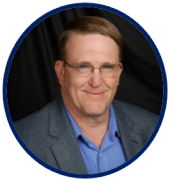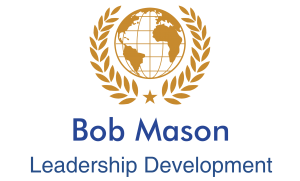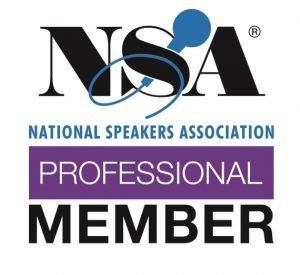My head was pounding and my muscles ached. We had mercifully stopped for a rest and I didn’t think I could take another step. Pride kept me from asking for help, but it was pretty obvious I needed something.
I was 11 years old and on my first Boy Scout hiking and camping adventure. I didn’t know much about hiking, and neither did my parents. So to prepare, I turned to the Boy Scout Handbook’s comprehensive list of what every young camper would need.
It was a very comprehensive list and I didn’t understand that some of those items were optional or only needed for certain environments so everything went in the backpack. That pack was about as big as me and almost as heavy.
With an 11-year-old’s confidence, I bravely shouldered that massive pack and set off for my first camping adventure. The hike was only 20 miles over two days but once we started, there was no turning back. The straps cut into my shoulders and if I wasn’t careful the weight would make me fall backward. It wasn’t long before I was unable to stand up straight. By about noon of that first day it was pretty obvious I was probably not going to make it.
Some of the older boys began complaining that I was slowing them down. The general griping continued until, by the noon break, there was no ignoring the general discontent; not to mention my obvious impending collapse.
One of the primary benefits of the Boy Scout program is the emphasis on leadership development. What happened next has stayed with me ever since as a lesson in developing leaders. Our scoutmaster, Mr. Meyerhein, took the senior scout leader aside and asked him what we should do. As I recall, the boy leader’s first suggestion involved leaving me by the trail. A few others suggested more drastic steps. Mr. Meyerhein never told anyone what to do but coached the boy leader by asking questions. What were we trying to do? What did the scout oath have to say? Was there a way to solve this situation that wouldn’t add a lot of difficulty to the rest of the group?
With Mr. Meyerhein’s gentle coaching, the boy leader developed a plan whereby some of the items from my pack would be distributed to the other boys. I still had a lot to carry but now I could manage it. The others had a little more but not enough to be a problem for them. I was extremely embarrassed, and of course the group of young teen and pre-teen boys didn’t do much to assuage that feeling, but the trip was a success.
What I learned from that camping trip helped me became a much more experienced camper but the most important lesson was about leading and leadership development. Mr. Meyerhein could have simply directed the boys. That would have certainly solved the problem and moved us along faster. Instead, he took the opportunity to help some of his young charges learn a little about leading and problem solving. He showed us that one of the most effective leadership techniques is simply asking questions.
A leader doesn’t have to be the one with all the answers. Sometimes it’s more important to have good questions. Next time your team faces a difficult issue don’t solve it for them. Try asking a few questions to help them find the answer.
 Bob Mason is dedicated to leadership development. He works with companies to solve problems by helping supervisors and managers become more effective leaders leading more productive teams. He is a professional speaker and author of Don’t Worry, You Can Do This: What New Supervisors and Managers Need to Know About Leadership; The Art of Not Motivating: How Leaders Can Succeed by Understanding the True Nature of Motivation; Balancing the Generations: A Leader’s Guide to the Complex, Multi-Generational, 21st Century Workplace; and Planning to Excel: Strategic Planning That Works.
Bob Mason is dedicated to leadership development. He works with companies to solve problems by helping supervisors and managers become more effective leaders leading more productive teams. He is a professional speaker and author of Don’t Worry, You Can Do This: What New Supervisors and Managers Need to Know About Leadership; The Art of Not Motivating: How Leaders Can Succeed by Understanding the True Nature of Motivation; Balancing the Generations: A Leader’s Guide to the Complex, Multi-Generational, 21st Century Workplace; and Planning to Excel: Strategic Planning That Works.
A 30-year career in the U.S. Air Force exposed him to great leaders and leadership opportunities such as command of four squadrons, including the Air Force’s largest munitions squadron. He has studied leadership extensively, but more importantly has been there, working with real people, making hard decisions, and experiencing the results.
Contact Bob at Bob@BobMasonSpeaker.com or 505-453-5266




